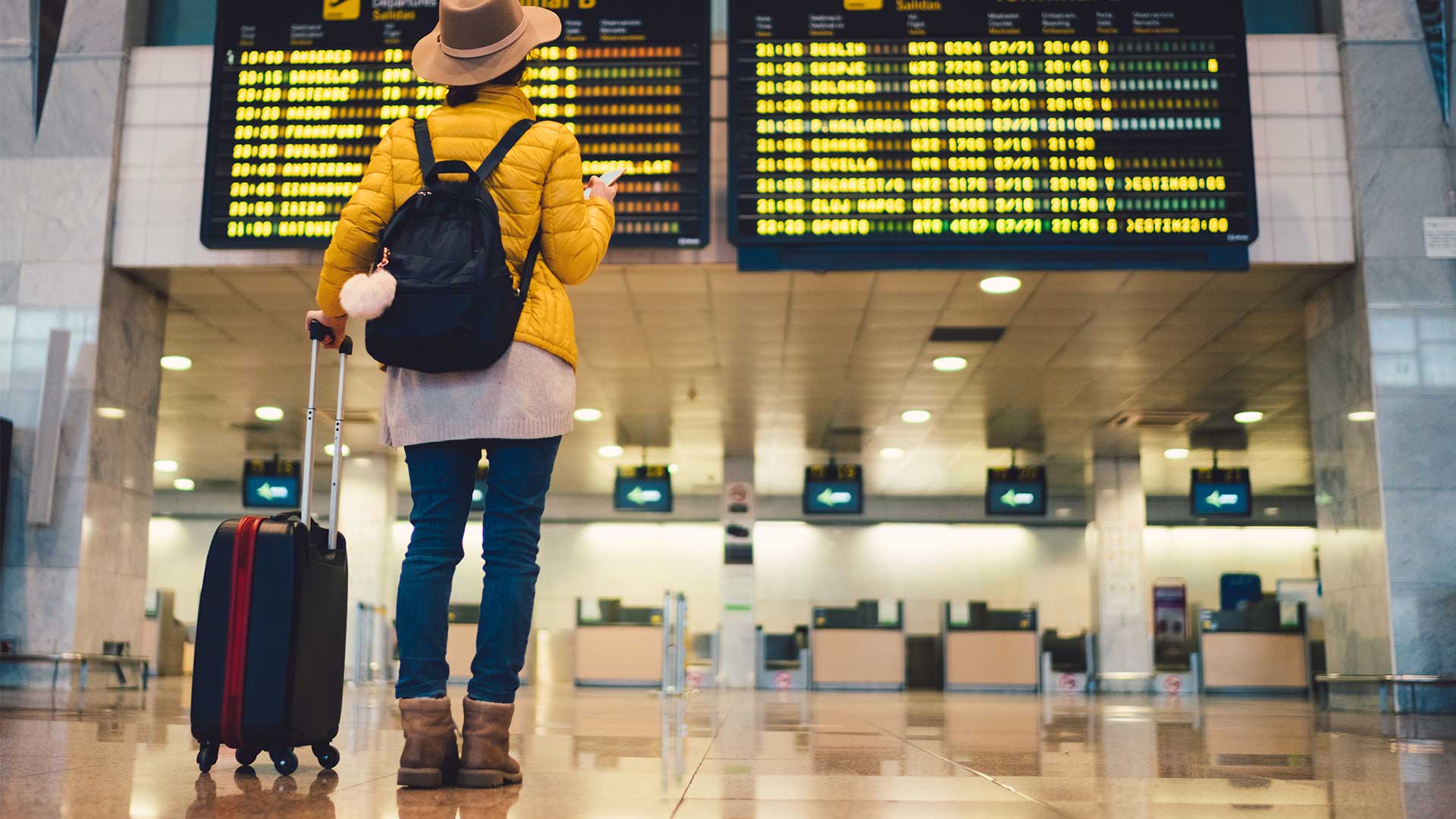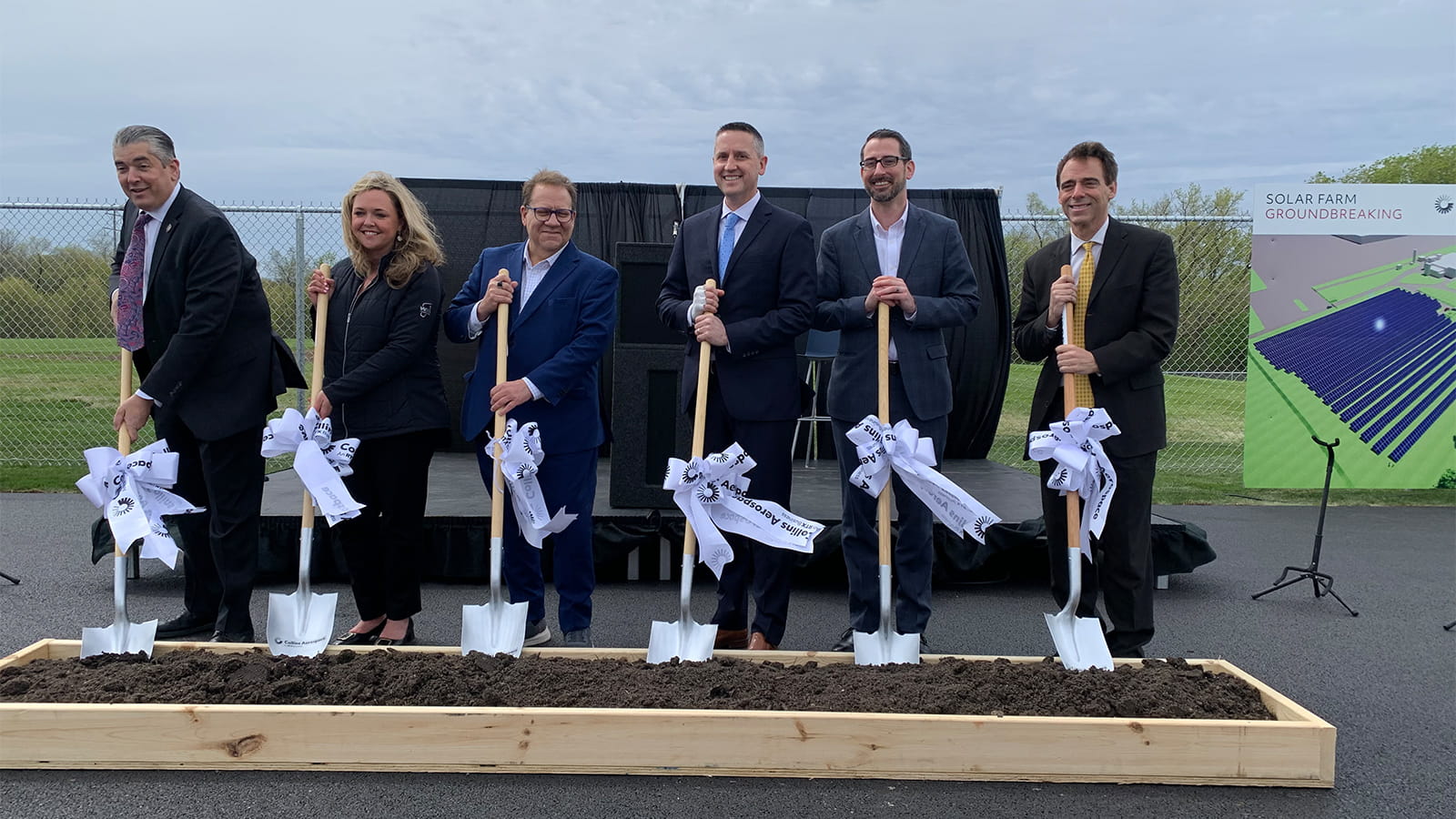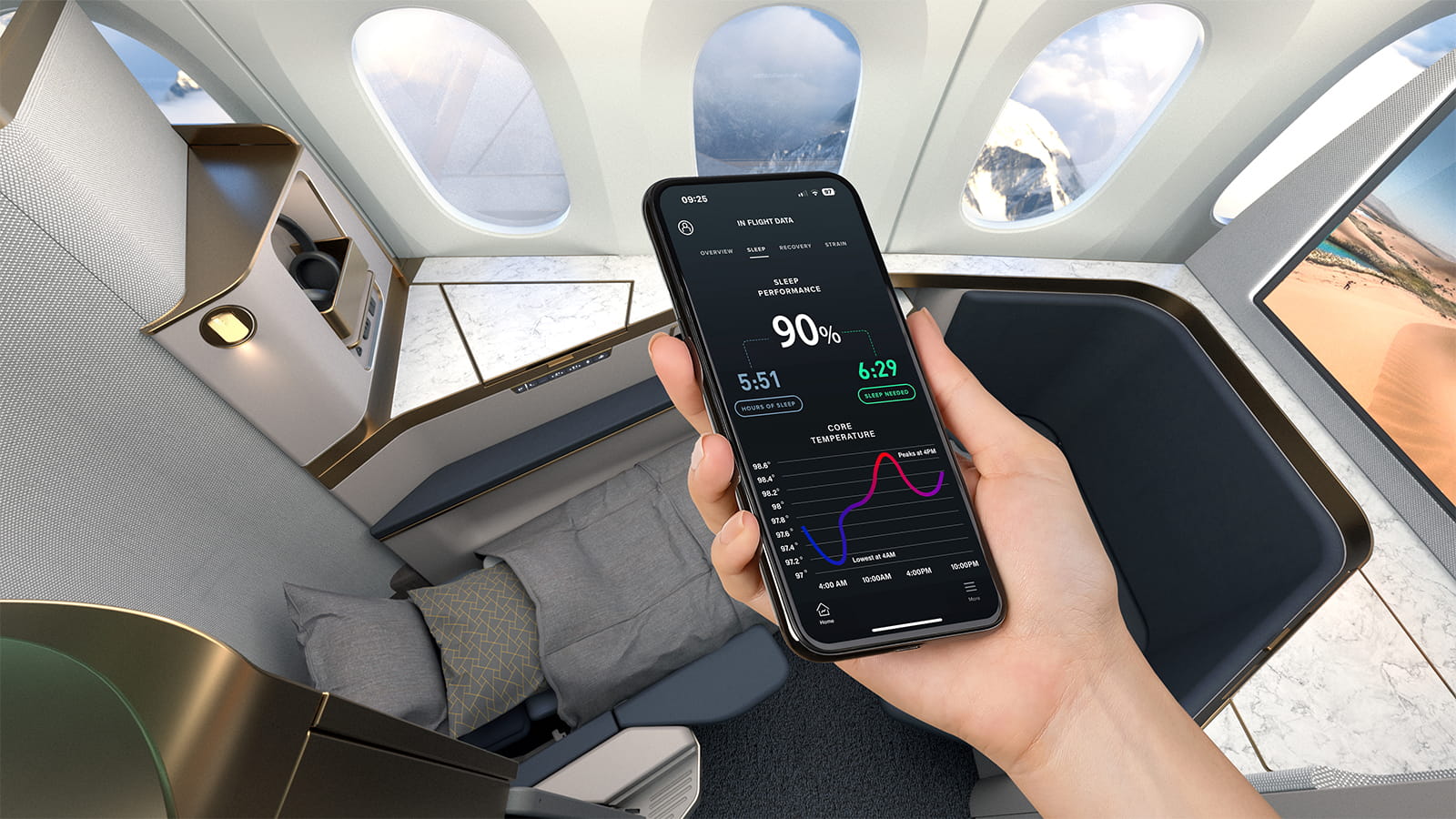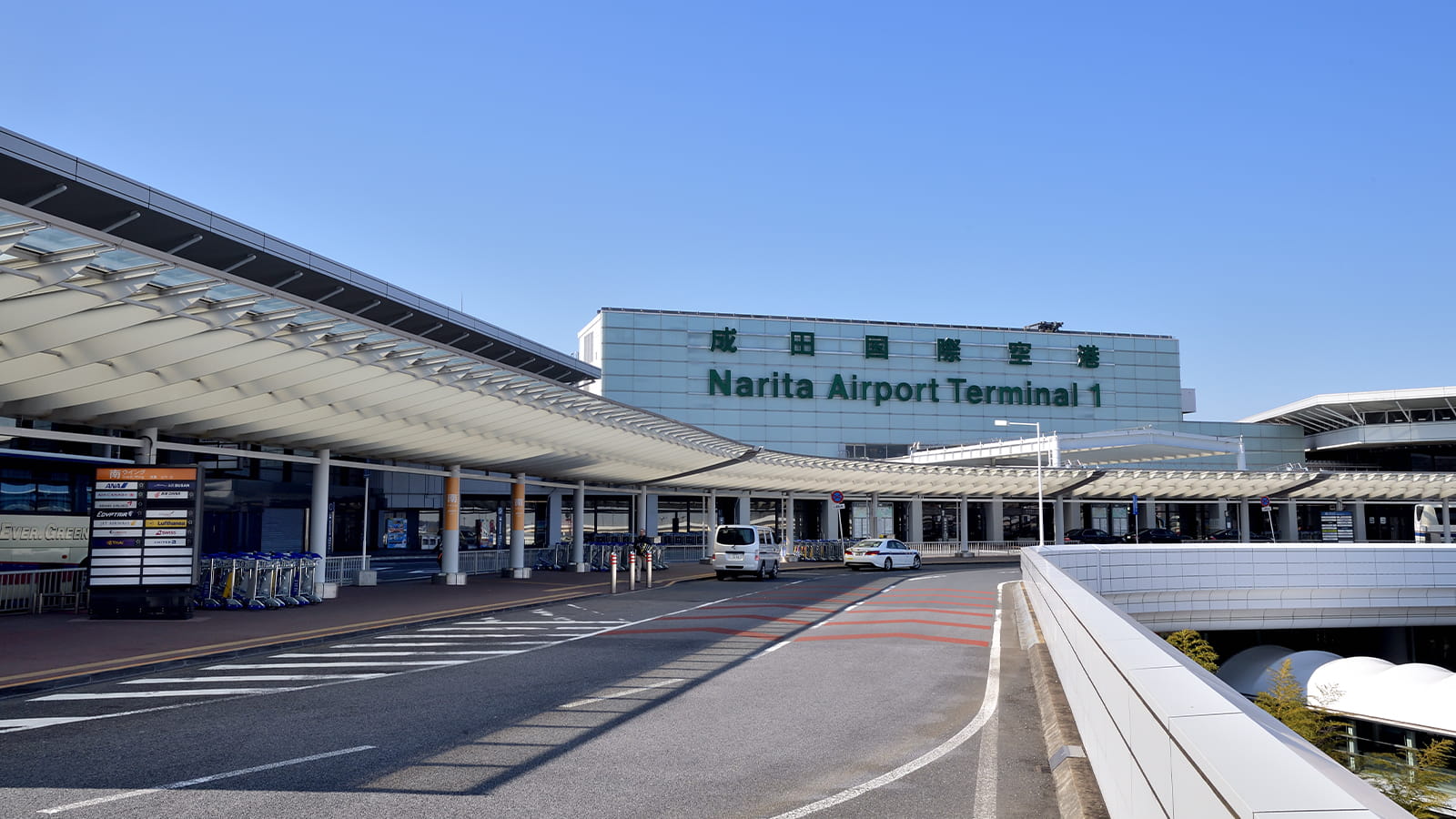The return to flight
Our Redefining Air Travel task force has been busy working to make travel better for the long term
Things are finally looking up.
After a year of canceled travel plans – weddings, family gatherings, trips of a lifetime, all put on hold – airports and airlines in the U.S. are seeing more and more passengers masked up and ready to fly, according to the Transportation Security Administration’s daily report on passenger traffic. With the tide turning and vaccines continuing to roll out, there are renewed signs that virus transmission rates will keep declining and global travel restrictions will begin to lift.
The Collins Aerospace Redefining Air Travel task force, a group of experts from across the company, has been hard at work since April 2020 helping to transform the travel experience both at the airport and on the aircraft. The group’s mission is to facilitate a stronger commercial aviation industry by restoring passenger confidence in the health and safety of flying. And we’re not going it alone.
The industry is working together
Since the start of the pandemic, Collins has formed alliances across the industry – sometimes with our own competitors – to tackle this global challenge. We’re also working with medical experts, public health officials, regulatory bodies, government agencies, and leading academics and innovators in the biotech industry to ensure that the innovative solutions Collins puts forward are backed by sound research.
“We’re seeing a similar spirit of collaboration now as we did when the world came together after 9/11,” said LeAnn Ridgeway, vice president and general manager for Information Management Services at Collins and chair of the task force. “There’s been remarkable cooperation among industry groups, business and government authorities to help speed the pace of innovation. We have to work together if we hope to restore confidence in travel.”
Reducing the risk of virus transmission
While the task force’s focus has been on helping the aviation industry manage the risk of transmission, educating passengers about how those efforts could enable them to travel more safely has been a huge push, too. Some of the ready-now innovations driving the conversation include:
- biometric solutions to enable touchless, document-free movement throughout the travel journey
- touchless equipment, such as check-in kiosks at the airport and motion-sensor lavatory
technology on the aircraft - surgical-grade HEPA filtration systems for clean cabin air
- lighting and misting technologies to disinfect aircraft
“Going forward, we see touchless solutions and contactless options as being essential technologies for the return to flight,” Ridgeway said. “These technologies existed before COVID, as airports looked for more efficient ways to process increasing numbers of passengers in lieu of expensive terminal expansions. Now with the pandemic, the contactless technologies not only help airports process greater numbers of people, the efficiencies gained also allow for greater physical distancing.”
Reducing the risk of virus importation
The task force is also working across the industry on ways to mitigate the risk of virus importation, as countries consider how to resume international travel.
“Efficient digital management of health credentials is a vital piece to restarting travel,” Ridgeway commented. “There is a lot of confusion worldwide regarding vaccines and quarantines, but passengers need to know what to expect when they travel somewhere. As an industry we need to figure out how to stop the importation of disease without shutting down borders.”
This means working with governments to determine how to safely open up travel to those who are healthy via vaccination or testing. Because confirming passengers’ health information worldwide would be too cumbersome to do manually, the task force is encouraging the industry to use technology to enable and adopt digital health passports and then work collaboratively with airlines and governments across the globe to develop unified standards around their use.
“Technology is available now to restore travel confidence, which in turn will bring back business and revenues,” added Ridgeway. “We see this as being first and foremost to reopening and accelerating the global commercial air travel industry.”




